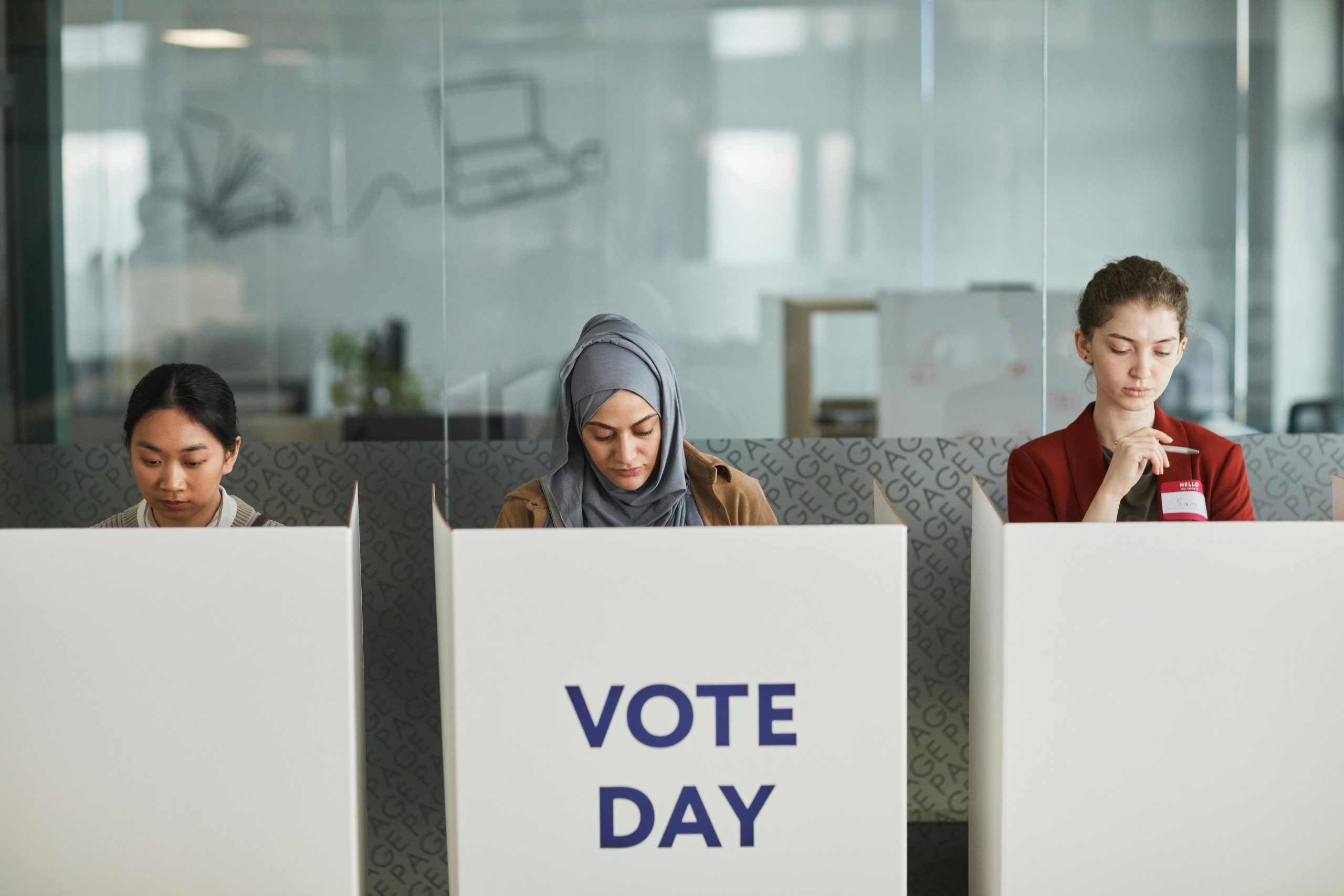
Civil rights are legal rights that protect the equal natural rights of citizens.


Capital determines whether a society will be prosperous or poor, well-fed or not, populated by independent and self-reliant citizens or dependent subjects. An abundance of nutritious food, clean water, sturdy homes, safe modes of transportation, reliable sources of heat and power, modern medicines, and many other products and technologies that improve the quality of human life are impossible without capital.
A teacher can help students understand what capital is by encouraging them to think of capital as an individual’s “starter pack” for being productive and getting things done. Capital includes the tools, money, and other valuable resources a person needs to create something of value, or to solve a problem in order to create wealth.
For example, if you wanted to start a lemonade stand, the money you use to buy cups, lemons, water, and a sweetener is capital. While money is an important form of capital, capital can include other resources that help you create wealth for yourself by producing value for others.
Other Kinds of Capital:
Capital is anything you can use to “build” something that will provide experiences of value for other people. Money is the most obvious example of capital, but creativity, friendships, and even your honesty and intelligence, can be just as important, maybe even more important in some circumstances.
So, yes! Capital is cash and more: Capital includes any resource that helps you be more productive. Ask students: What kinds of capital do they have? Maybe it is their energy, ideas, or even their ability to make people laugh. Remind them that everyone—even people with little or no money—have important capital over which each person has much control: A person’s own reputation, honesty, and trustworthiness.
Evaluating incentives
One of the most important questions within any society is: Who will allocate capital? One possibility is that individuals choose whether, how, when, where, and why to spend their own money and invest their own capital. Another option is that political elites within government will tax citizens and confiscate the wealth that others have created, and then those in government will choose how to allocate other people’s their capital.
Individuals choosing how to invest their own capital have strikingly different incentives than politicians and bureaucrats in government spending other people’s money.
As we discuss in another section, profit is the happiness of other people. When individuals and business owners make their own choices about how to allocate and when to invest their own capital, they aim to earn a profit—they want a return on their investment—which is another way of saying they’re trying to make other people happy by producing value for them.
When those in government choose how to spend other people’s money, they serve their own interests, usually by expanding the scope and power of government. That is worth repeating: Business owners allocate their own capital in order to make a profit for themselves by making other people happy; government allocates other people’s capital in order to extend the power and control of government.
Every new government spending program, after all, requires expanding the class of unelected bureaucrats, adding new levels of control over what citizens may do, and adding new kinds of taxpayer-funded government competition to businesses and other private organizations.
Incentives of Allocation
For politicians and bureaucrats, resource allocation often means achieving political ends or aiming for short-term gains. Without direct knowledge of costs or profits, these decisions can be quite unpredictable.
When private individuals choose how to invest or spend their own money, they have strong incentives to make careful, strategic decisions. If they invest wisely, they personally reap the rewards; if they invest foolishly, they suffer the losses. This direct link between decisions and consequences encourages efficiency and accountability. Individuals are motivated to seek the highest return (or best use) for their funds, and they also bear the risk of losing their capital if a project fails.
By contrast, when those in government take capital from citizens through taxation, politicians and bureaucrats end up allocating resources that are not their own. As a result, several distortions can arise:
In short, when individuals allocate their own funds, they have personal incentives—financial risk and reward—to be careful stewards of their capital. When governments collect taxes and decide how to spend them, officials are allocating other people’s funds and often do so under weak or no incentives for efficiency, with less direct accountability for mistakes, and with political or bureaucratic considerations that can overshadow the goal of maximizing societal well-being.
 Nº1
Nº1
Description
Download PDF Download ePub Button 3
The term civil rights refers to the legal rights that protect the individual natural rights of citizens and enable civic participation in civil society. Unlike natural rights, which exist by nature and are discussed separately, civil rights must be created by legislation; they depend on law.
Civil rights typically include:
-The right to vote in elections, including legal qualifications of age, citizenship, and residency, and where, when, and how to vote.
-The right to a trial by jury when accused of a crime.
-The right to be elected to and hold government office.
-The right to be secure in one’s home from unjust government intrusion.
-The right to own property and prove ownership in court.
-The right to sue fellow citizens for damages or breach of contract.
Elections, trials, government offices, and property titles require legal frameworks. Their purpose is to acknowledge and protect the natural rights of citizens. Thus, the right to vote supports the natural right to legitimate government by consent. The civil rights movement can be said to succeed when civil laws provide equal protection for the liberty and property of every United States citizen.
Yet, civil rights have become a source of political controversy. To see why, we must revisit the 1960s.
The 1960s in important ways transformed the American regime. Nothing symbolizes this shift more than the Civil Rights Act of 1964, a constitutional turning point.
With Democrats controlling Congress, about 60% of them voted in favor, joined by over 80% of Republicans. President Lyndon Johnson signed the Act on July 2, 1964. Prompted by civil rights protests, Ku Klux Klan violence, and televised brutality in the South, the Act’s scope was unprecedented: banning racial discrimination in voting (Title I), public accommodations (Title II), public facilities (Title III), and schools (Title IV). It also expanded the jurisdiction of the federal Civil Rights Commission (Title V), which now has oversight over all businesses and organizations receiving federal funding (Title VI).
Barry Goldwater, then a U.S. Senator and a champion of racial desegregation in his home state of Arizona, voted against the Civil Rights Act primarily due to his opposition to Title II (covering businesses labeled as “public accommodations”) and Title VII (employment discrimination within private businesses).
As Senator Goldwater explained, the Constitution grants the federal government no authority to command or control who United States citizens invite into their privately-owned businesses—which is private property—with whom they must trade, or to whom they must offer jobs, just as government has no constitutional power to command who citizens invite into their homes, or with whom they must be friends.
Goldwater was correct. And, few people cared. Most Americans viewed the Civil Rights Act as moral redress and atonement for past racial injustices. Unlike Goldwater, many Americans did not care if the act was Constitutionally illegitimate. For them, it was morally legitimate and that’s all that mattered.
The long-term effect was to recast government’s authority. Before 1964, legitimacy rested on the consent of the governed, with powers limited by the Constitution. After 1964, legitimacy increasingly derived from government’s role as guarantor of ever-expanding civil rights.
From a progressive perspective, expanding civil rights is the measure of social “progress.” Civil rights, once confined to voting or jury trials, came to include attending a public school, swimming in a public pool, or dining in a restaurant regardless of the owner’s wishes. Since 1964, nearly every progressive cause has been framed in this language: recognition of transexual pronouns, higher minimum wages, subsidized health care, subsidized housing, climate policy, etc.
Once a political agenda is labeled “civil rights,” it acquires moral authority. The problem is that the new progressive regime of civil rights requires unlimited government power. A “civil right” to higher wages or to a carbon-neutral environment or to being called the pronouns someone currently prefers, demands extensive regulation, litigation, and bureaucratic enforcement—beyond anything envisioned in the Constitution’s enumeration of limited powers.
The second pillar of the new regime is a redefinition of discrimination. The word derives from the Latin discriminare (“to distinguish”) and is closely related to another Latin term, discriminis, meaning “a dividing line” or “distinction.” To be discriminating used to be understood as discernment—knowing, for example, the difference between an original work of high art versus cheap graphics adorning mass-produced t-shirts.
Today, the word carries only negative connotations. To discriminate is largely understood as morally offensive and likely illegal. Since 1964, millions of pages of regulations have sought to root out discrimination in every sphere of life in the United States.
Yet everyone discriminates daily—every person chooses friends, food, schools, and news sources. The universal moral stigma now attached to the word, however, makes defending freedom of choice difficult. No one, after all, wants to be known for opposing “civil rights.”
We now inhabit a post-constitutional regime in which progressive civil rights redefine the very basis of government authority. Questions about whether the Constitution grants the powers those in government exercise are waved away—the proper purpose of government is typically ignored—as distractions from the urgent work of creating and enforcing new “rights.”
Reversing this paradigm will not be easy. But it cannot be done at all unless we first understand where we are and how we arrived here. The original understanding of civil rights—rooted in the principles of the American Founding and including core civic functions such as voting, jury trials, and holding elected office—was right and fitting for a self-governing constitutional republic.
The new notion of “civil rights” that emerged during the 1960s—labeling every progressive policy as a “civil right,” whether constitutional or not—is both problematic and, at some basic level, incompatible with the original meaning of the term. Either citizens have a civil right to their own private property; or government has the rightful power to take private property in order to fund and provide “civil rights” to others.
No documents found.